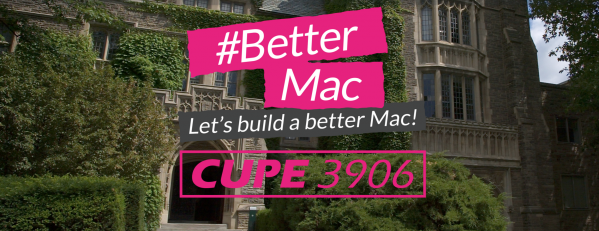By Jennifer Adese
 On June 13, 1996, the then Governor General of Canada declared June 21 to be National Aboriginal Day (also sometimes referred to as National Aboriginal Solidarity Day), a day for First Nations, Metis, and Inuit peoples to share their various cultural expressions with the rest of Canada. Celebrated annually around the time of the summer solstice, National Aboriginal Day is celebrated by Indigenous peoples across what is often referred to as “Turtle Island.”
On June 13, 1996, the then Governor General of Canada declared June 21 to be National Aboriginal Day (also sometimes referred to as National Aboriginal Solidarity Day), a day for First Nations, Metis, and Inuit peoples to share their various cultural expressions with the rest of Canada. Celebrated annually around the time of the summer solstice, National Aboriginal Day is celebrated by Indigenous peoples across what is often referred to as “Turtle Island.”
In recent years, Indian and Northern Affairs Canada (INAC) has marketed the day as “an opportunity to learn more about Aboriginal people and their contributions to Canada.” It is marketed as but one in an eleven day series that includes Saint-Jean-Baptiste Day, Canadian Multiculturalism Day, and Canada Day, titled “Celebrate Canada!” aimed at celebrating the history of the Canadian nation.
Over the past thirteen years Indigenous peoples and organizations across the country have hosted a variety of activities such as powwows, cultural festivals, film screenings, theatrical presentations and lectures. This year the month of June bears even greater significance as it marks the extension of what originated as a singular day into a month-long celebration and awareness movement of Indigenous cultures called National Aboriginal History Month.
While a remarkable demonstration of Indigenous culture and pride, Indigenous peoples are not simply “put on display” for the benefit of non-Indigenous peoples and to support Canadian multiculturalism as the above cited passage from INAC would have us believe. We must also remember on June 21 that there are pressing issues of racism, colonialism, governance, land and treaties that still need to be acknowledged and addressed that many communities attempt to bring awareness to on June 21.
Do you know what 2010 marks the beginning of the Truth and Reconciliation Commission’s work on uncovering/healing truths pertaining to the cultural genocide commited by the Canadian government and Indian Residential School program?
Do you know that there are over 583 missing and murdered Indigenous women from the land which Canada claims as its own? In March 2010 the Government of Canada pledged funding to the Sisters in Spirit program so that they may continue to work towards bringing the missing women home and to bring/raise awareness for those who sadly, will no longer be returning home. Sisters in Spirit is still waiting…
Do you know that the Canadian government is preparing to enact Section 74 of the Indian Act for the first time since 1924? Section 74 has not been imposed since 1924, when the Canadian government deposed the traditional government of Six Nations by padlocking shut the Haudenosaunee Confederacy lodge. Now the targets are the Algonquins of Barriere Lake who live on their unceded territory in Quebec. They govern themselves by a customary system called the “Mitchikanibikok Anishinabe Onakinakewin.”
A day of solidarity means not only showing solidarity for the “fun stuff”—for the food, for the clothing and artwork and for the performance and dance—it also means showing solidarity for the things that really matter. It means showing solidarity to Indigenous peoples in the struggle for freedom from the ongoing and reprehensile forces of racism and colonial power.
Selected Events/Links to Events:
- June 24: Day of Action for Indigenous Rights–G8/G20 Demonstration in Toronto
- June 21: Gage Park, Hamilton–Branches of Native Development (BOND) National Aboriginal Day festivities–7am-8pm
- June 18-26: Native Canadian Centre of Toronto
For more information on Indigenous peoples and movements, check out the following links:
- Assembly of First Nations (AFN)
- Metis National Council (MNC)
- Inuit Tapiriit Kanatami (ITK)
- Native Women’s Association of Canada (NWAC)
- Pauktuutit–Inuit Women of Canada
- Truth and Reconciliation Commision (TRC)
- Sisters in Spirit
- Amnestry International ~ Stolen Sisters: Discrimination and Violence Against Indigenous Women in Canada
